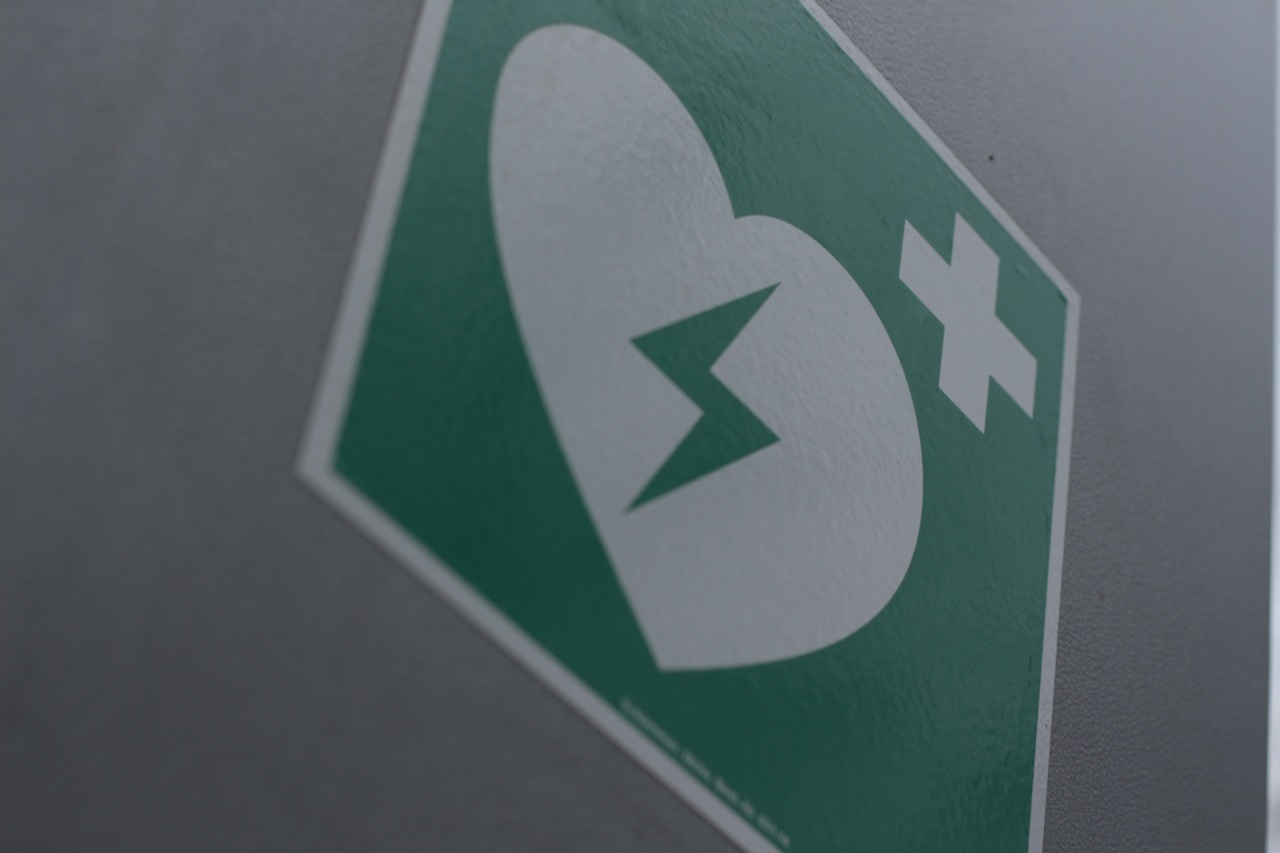Hiccups are a relatively common and usually harmless occurrence. They often happen without warning, but quickly disappear.
However, if hiccups persist for an extended period, they can pose a significant health concern and may signal an underlying problem.
What are hiccups?
Hiccups occur when the diaphragm contracts involuntarily, causing sudden inhalation that quickly closes the vocal cords and produces the characteristic “hic” sound. It can happen to anyone, regardless of age, sex, or overall health.
Typically, hiccups happen because of eating or drinking too fast, consuming spicy or fatty foods, drinking alcohol, emotional stress, or excitement. They usually resolve on their own in a few seconds to a few minutes.
What are chronic hiccups?
Chronic hiccups refer to continuous hiccups that persist for more than two days. When hiccups prolong, it can be an indication of something more serious than a minor annoyance.
In most cases, the underlying health concern causing chronic hiccups involves the diaphragm or the nerves that regulate it.
Still, other underlying problems can lead to chronic hiccups, including issues with the central nervous system, metabolism, and hormonal changes.
Causes of chronic hiccups
1. Acid reflux.
Acid reflux, also known as gastroesophageal reflux disease (GERD), is a condition where stomach acid flows back into the esophagus, causing symptoms like heartburn, chest pain, and acid indigestion.
In some situations, acid reflux can trigger hiccups, which, if left untreated, can result in chronic hiccups.
2. Central nervous system disorders.
A malfunction in the central nervous system can also result in chronic hiccups. The central nervous system plays a vital role in the body’s control system and coordinates various body functions.
Disorders such as meningitis, encephalitis, traumatic brain injury, and multiple sclerosis can all contribute to chronic hiccups.
3. Metabolism problems.
Hiccups can also signify the body’s problem with metabolism, especially if there is an underlying condition that affects metabolism. These conditions include hyperthyroidism, hypoglycemia, and diabetes.
4. Medications.
Hiccups can also occur as a side effect of certain medications, such as benzodiazepines, steroids, barbiturates, and opioids.
Treatment for chronic hiccups
Chronic hiccups require medical attention, and patients should see a doctor if they have been experiencing hiccups that persist for more than two days.
Initially, doctors usually try to identify the underlying cause to treat chronic hiccups. In some cases, they may recommend medication, surgery, or other non-invasive procedures to alleviate symptoms and manage the underlying health problem.
Prevention of chronic hiccups
Several remedies can help prevent chronic hiccups. These include.
1. Avoiding overeating or eating too quickly.
2. Reducing alcohol intake.
3. Managing stress effectively.
Conclusion
Hiccups are a common and usually harmless occurrence that can happen to anyone. However, continuous hiccups that last for more than two days can signal an underlying health problem.
It is essential to seek medical attention if hiccups become chronic to identify the underlying cause and prevent more serious health problems from developing.






























